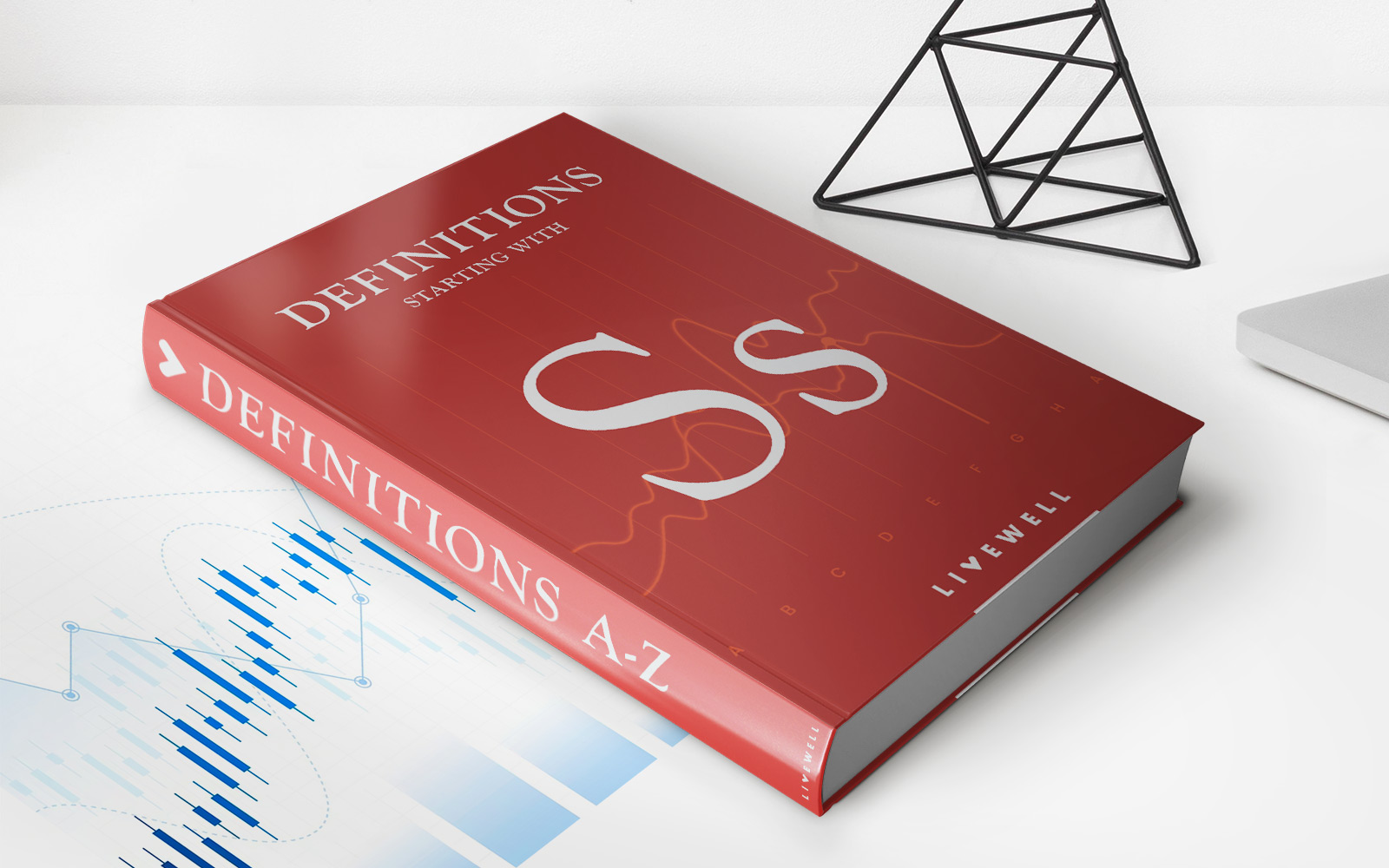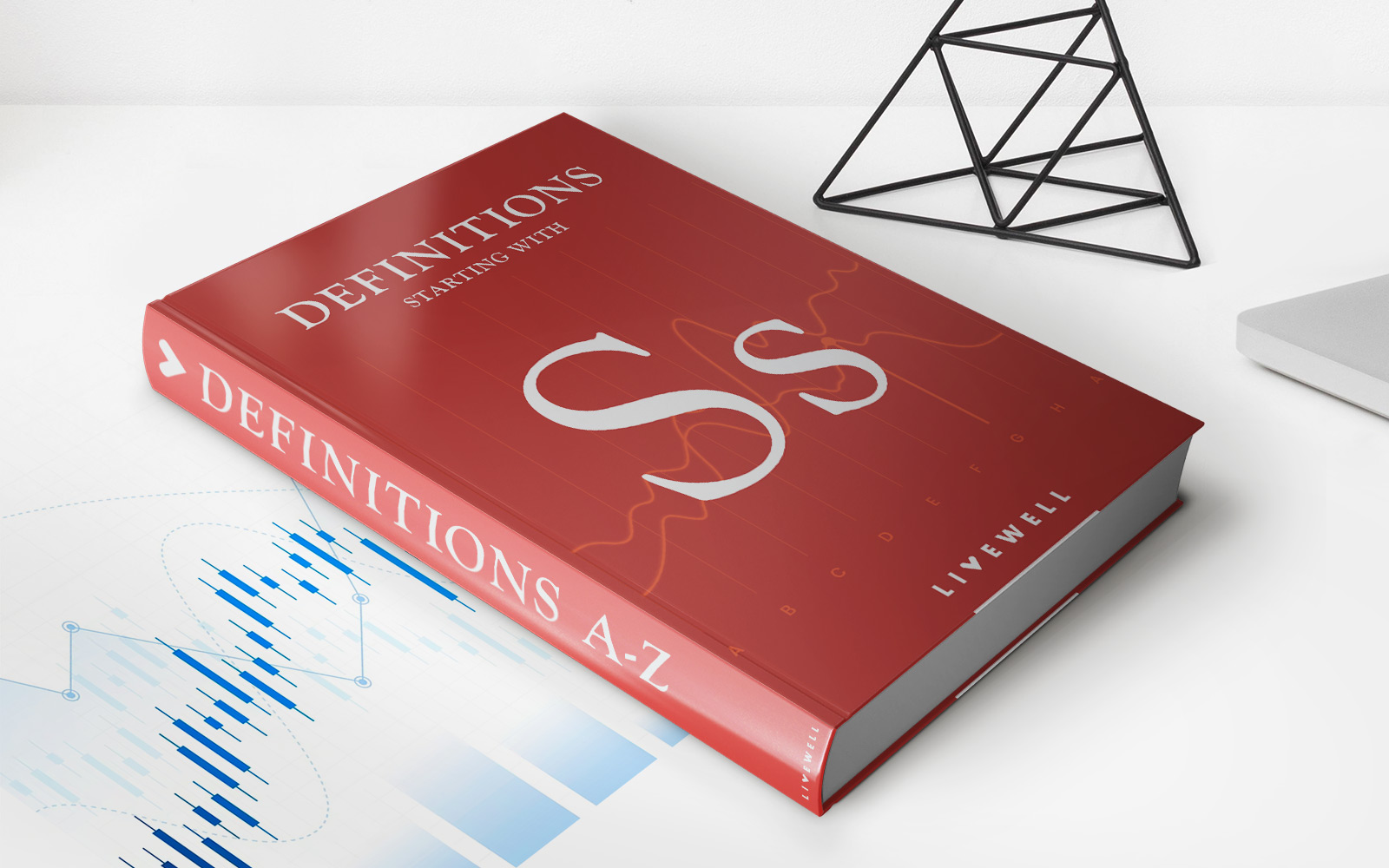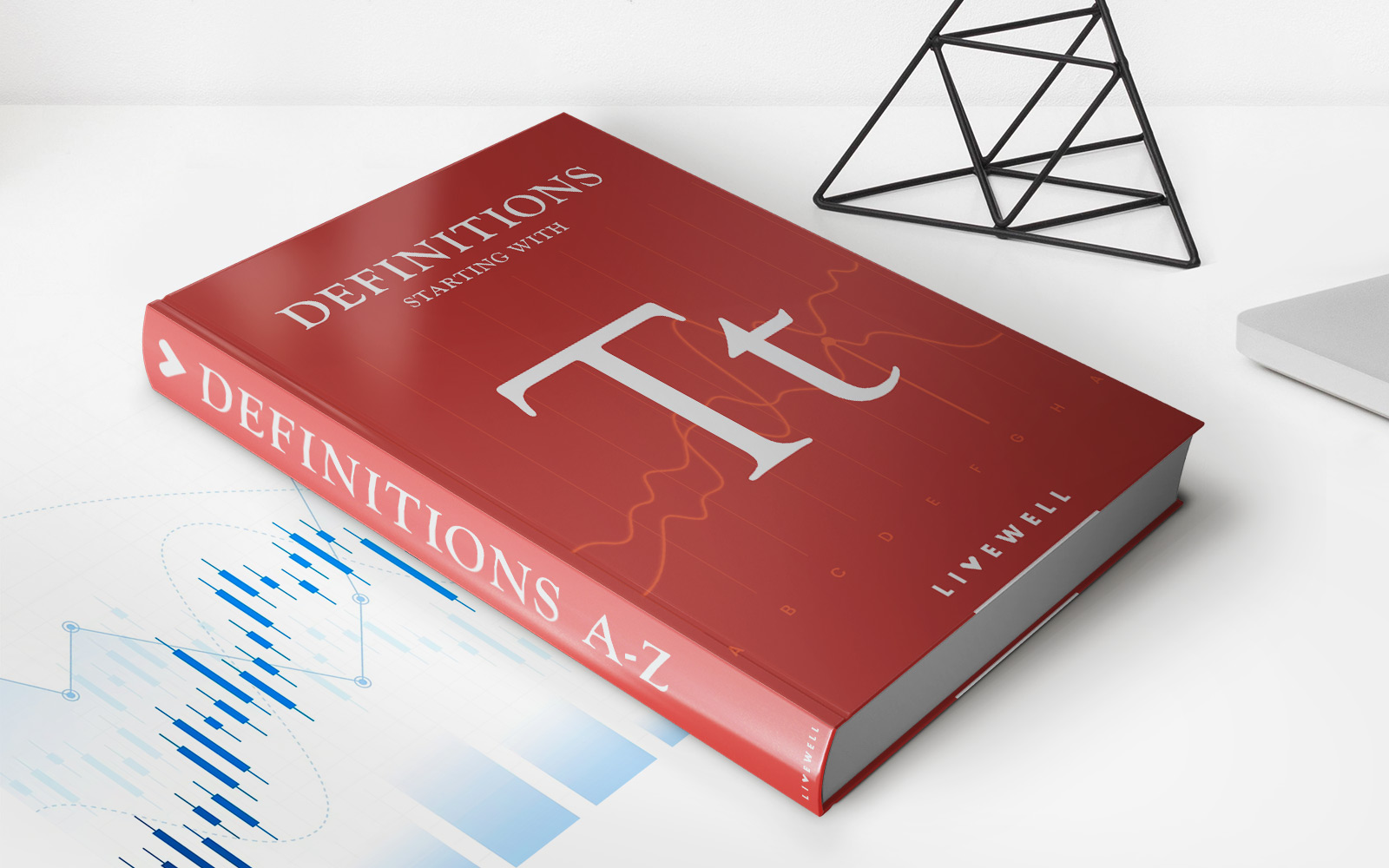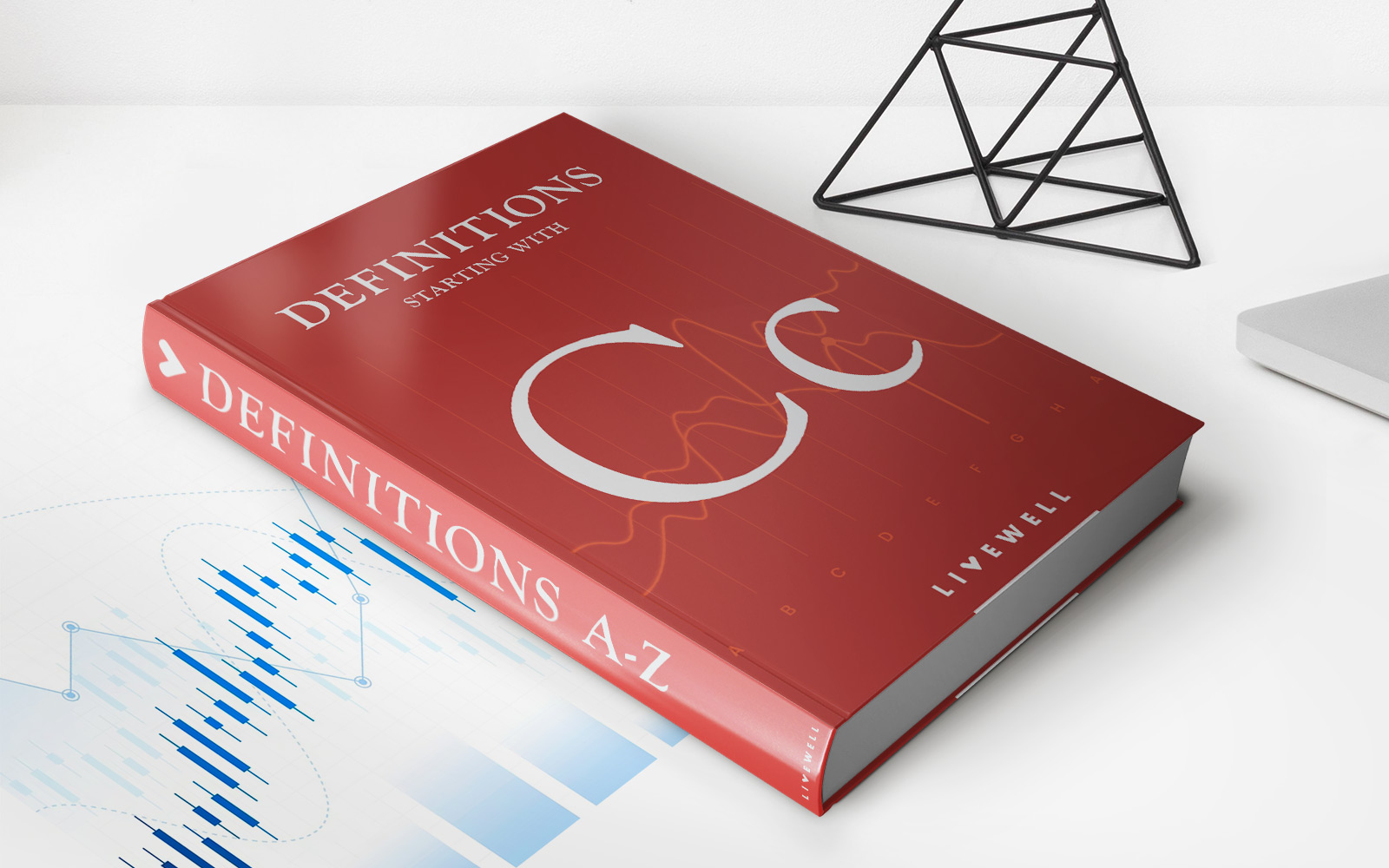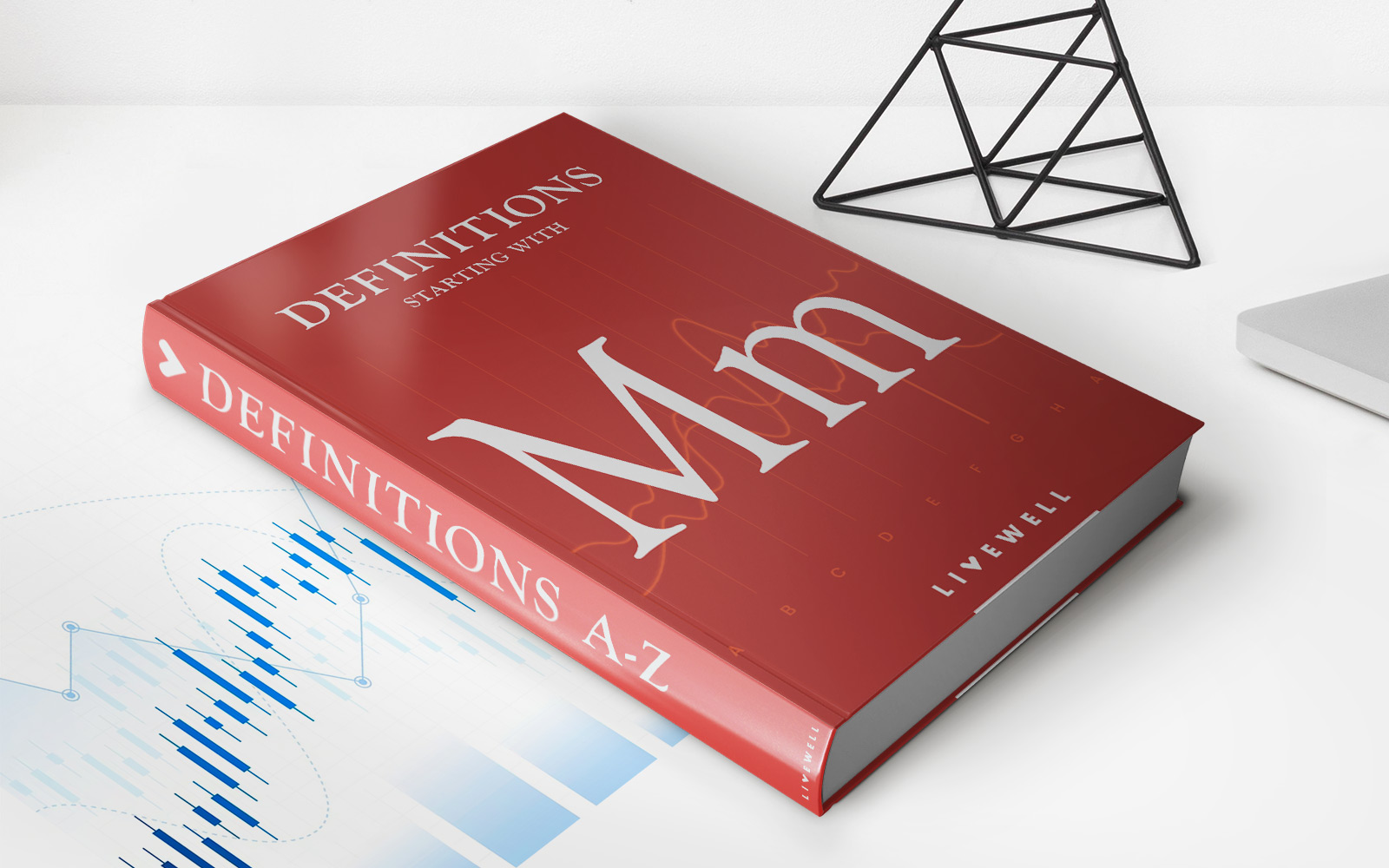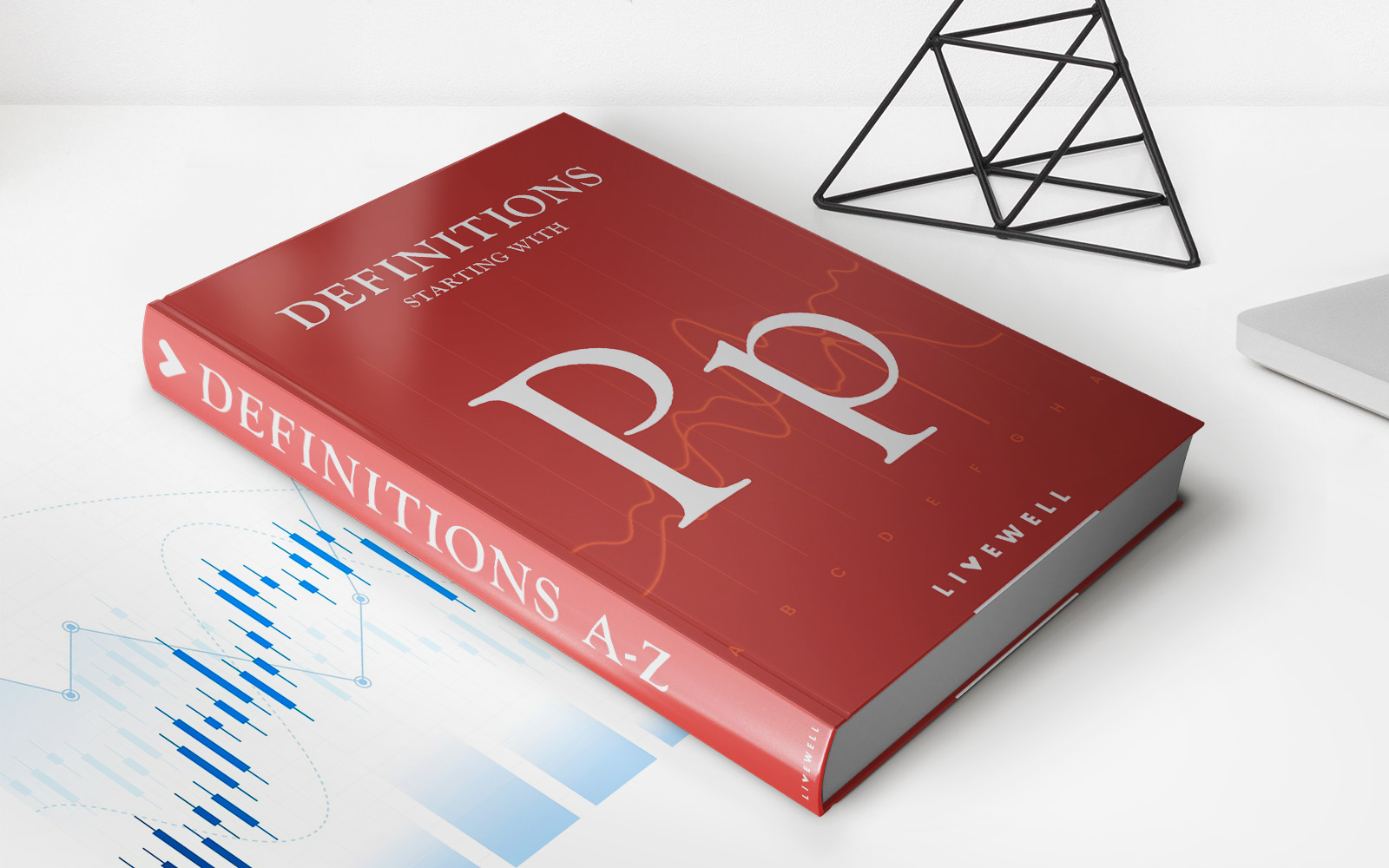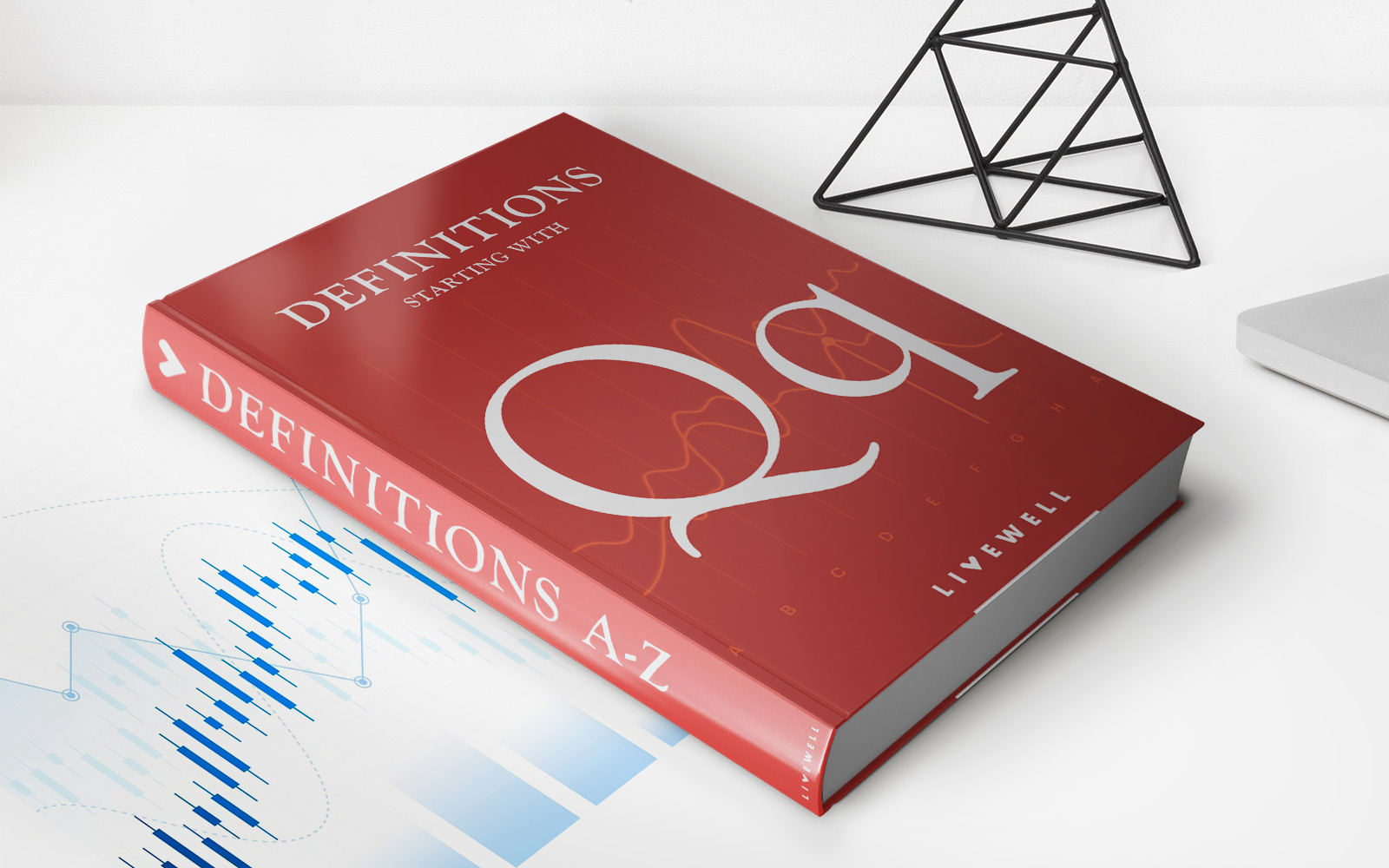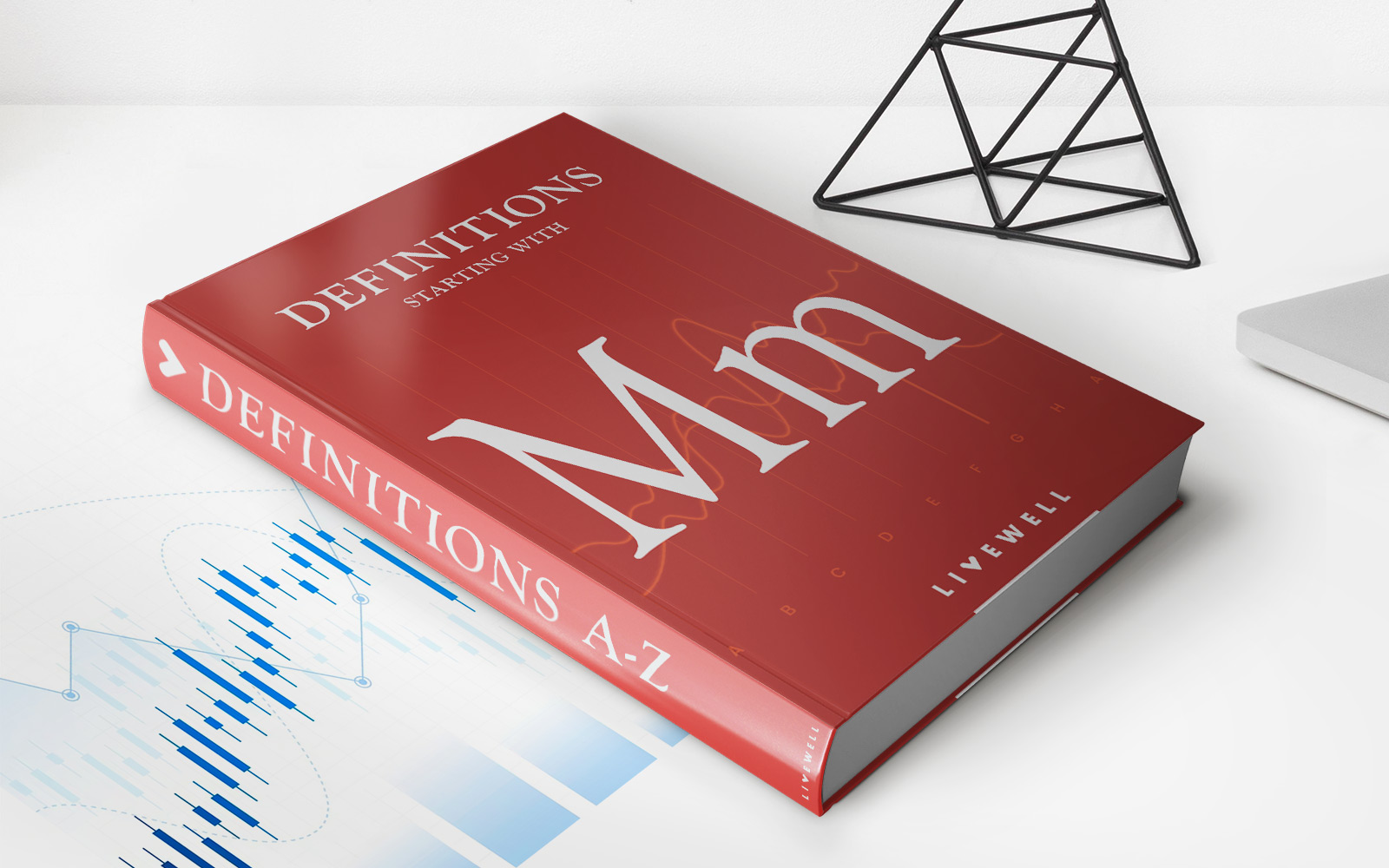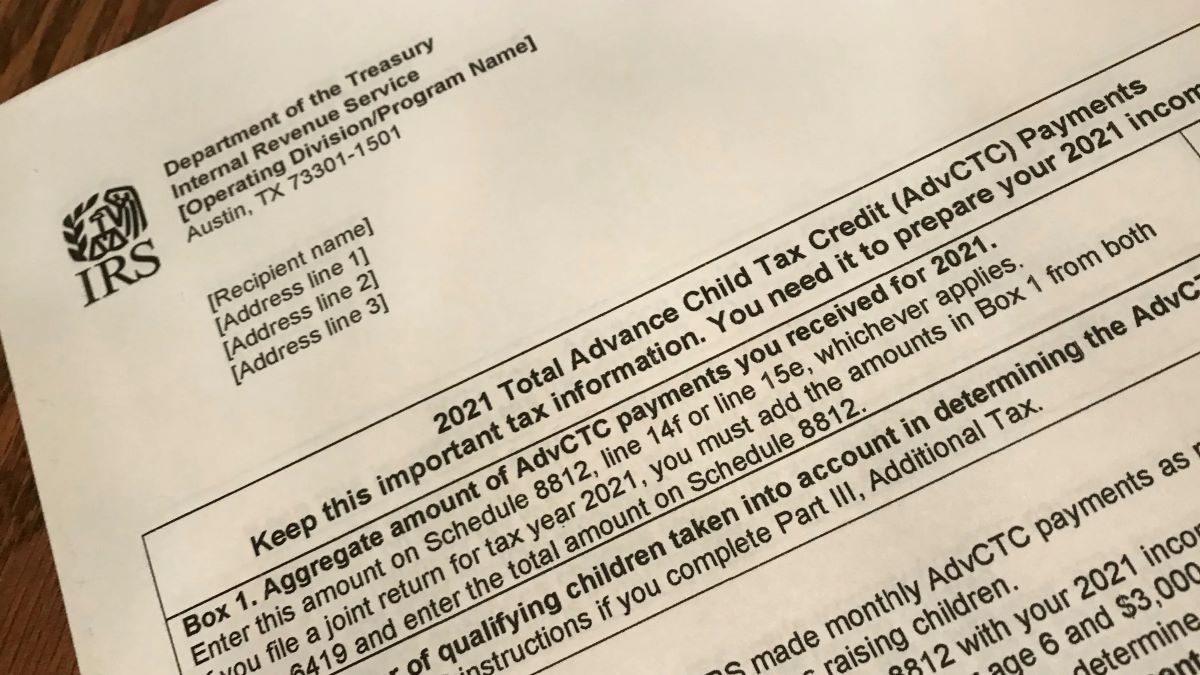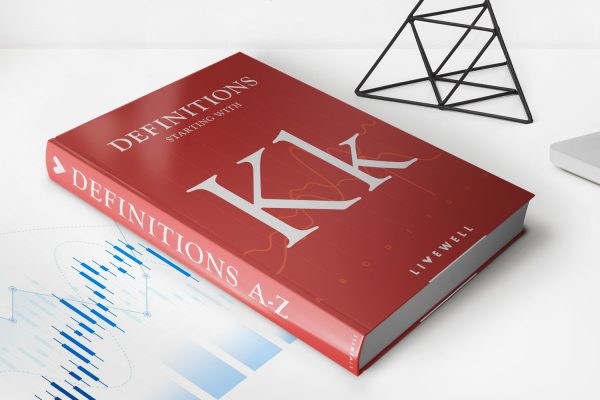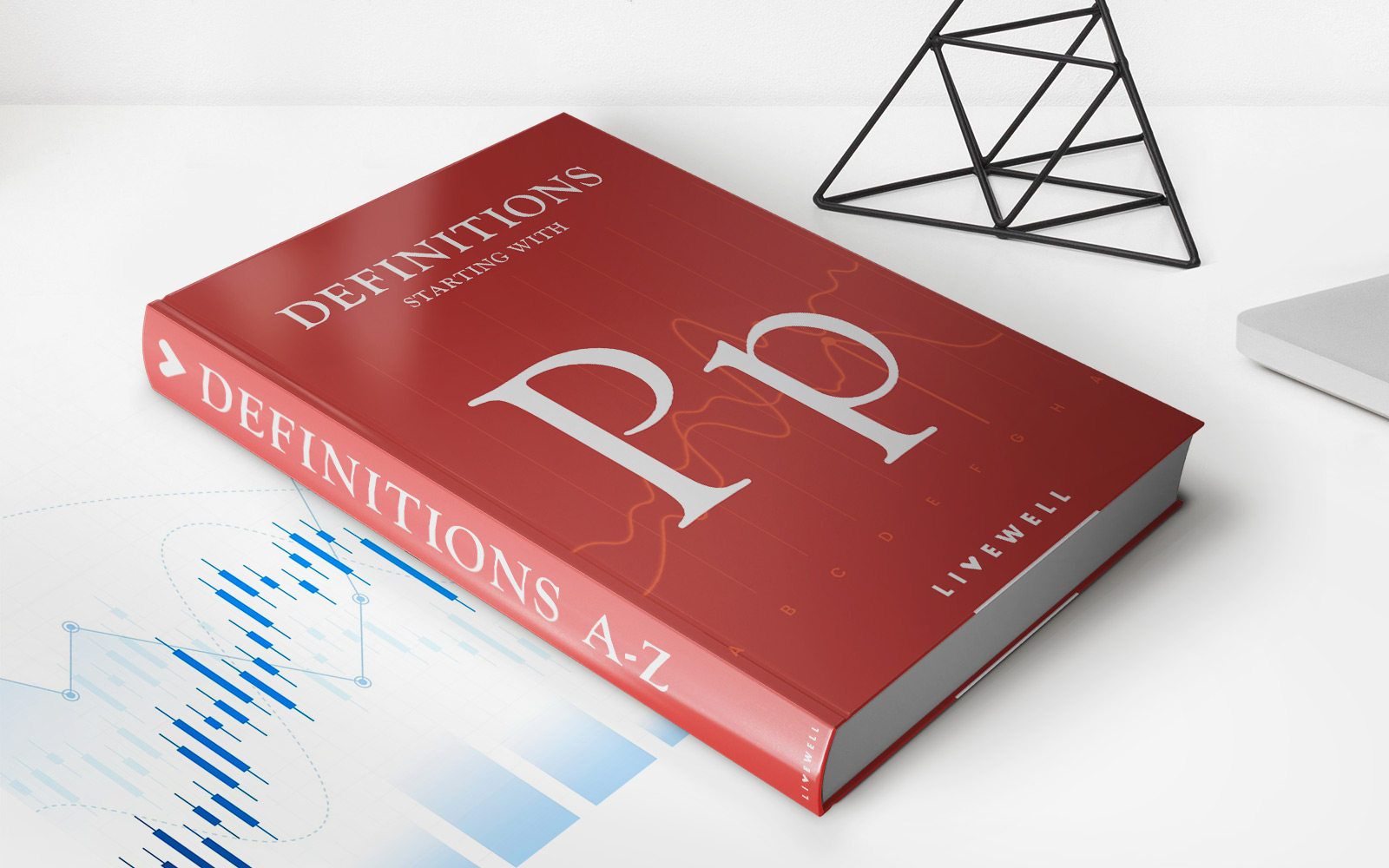Home>Finance>Multiple Employer Welfare Arrangement (MEWA): Definition, Rules
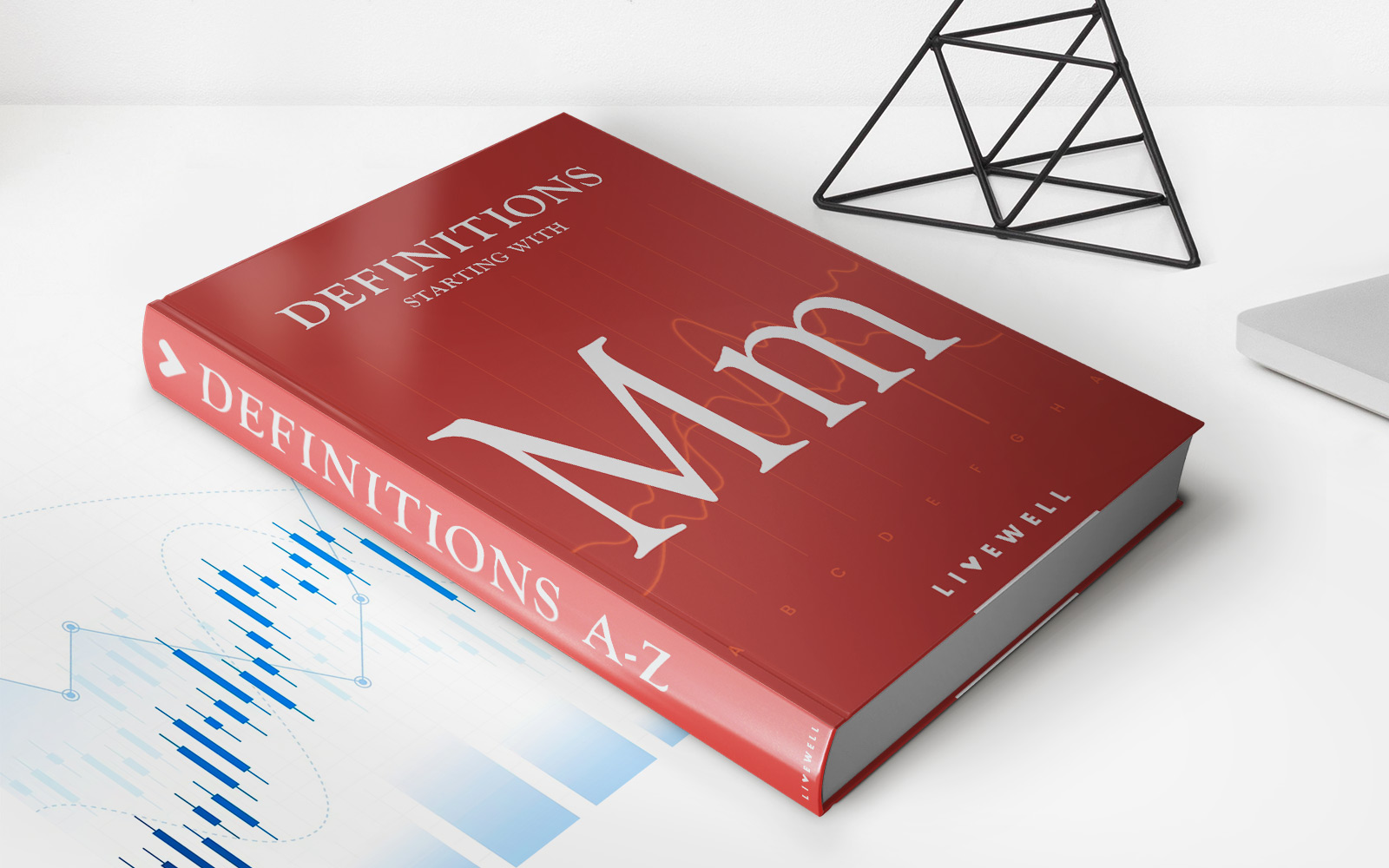

Finance
Multiple Employer Welfare Arrangement (MEWA): Definition, Rules
Published: December 27, 2023
Learn the definition and rules of Multiple Employer Welfare Arrangement (MEWA) in the finance industry. Understand the benefits and regulations of this unique finance arrangement.
(Many of the links in this article redirect to a specific reviewed product. Your purchase of these products through affiliate links helps to generate commission for LiveWell, at no extra cost. Learn more)
What is a Multiple Employer Welfare Arrangement (MEWA)?
Multiple Employer Welfare Arrangements, or MEWAs, are a type of group health insurance that allows small businesses with similar characteristics or industries to band together and create a larger risk pool. By pooling their resources, these small businesses can often access more affordable health insurance options for their employees. MEWAs are regulated by the U.S. Department of Labor, and they must adhere to certain rules and guidelines to ensure the protection of participants.
Key Takeaways:
- MEWAs are group health insurance plans that allow small businesses to join together to obtain more affordable coverage for their employees.
- MEWAs are regulated by the U.S. Department of Labor and must comply with specific rules and guidelines to protect participants.
How do MEWAs work?
MEWAs operate by pooling the financial resources of multiple small businesses to increase their bargaining power in the health insurance market. By combining their purchasing power, these businesses may be able to negotiate lower premium rates and more extensive coverage options for their employees. MEWAs can be sponsored by employer associations, professional employer organizations (PEOs), unions, or other types of organizations.
MEWAs typically operate on a self-funded basis, meaning that the participating businesses are responsible for covering the cost of the claims incurred by their employees. The pooled funds allow for a larger risk pool, which can help spread the financial risk among a larger number of participants.
Rules and Regulations for MEWAs
MEWAs are subject to strict regulations imposed by the U.S. Department of Labor (DOL). These regulations aim to protect the participants of the MEWA by ensuring that they receive the promised benefits and that their contributions are appropriately managed. Some of the key rules and regulations for MEWAs include:
- Reporting Requirements: MEWAs must file annual financial reports, Form 5500, with the DOL, providing detailed information about the plan’s financial condition and operations.
- Fiduciary Responsibility: The individuals managing the MEWA have a fiduciary responsibility to act in the best interests of the participants and to manage the plan’s assets prudently.
- Solvent Funding: MEWAs must maintain adequate funding levels to ensure the payment of promised benefits to participants.
- Compliance with State Laws: MEWAs must comply with state insurance laws, including licensing requirements, solvency standards, and consumer protection regulations.
Benefits and Considerations of MEWAs
MEWAs offer several potential benefits for small businesses and their employees:
- Cost Savings: By pooling resources, small businesses may be able to access more competitive premium rates and broader coverage options, potentially leading to cost savings.
- Flexibility: MEWAs offer flexibility in plan design, allowing participating businesses to tailor the coverage to meet their specific needs.
- Administrative Support: Some MEWAs provide administrative support services, such as enrollment assistance and claims processing, relieving the burden on small businesses’ internal resources.
However, there are also considerations to keep in mind when exploring MEWAs:
- Regulatory Compliance: MEWAs must adhere to specific regulations, and failure to comply can result in penalties and legal issues.
- Financial Risk: Self-funded MEWAs carry the risk of unexpected high claim expenses, which can impact the participating businesses’ finances.
- Plan Stability: The stability and availability of MEWAs may vary based on market conditions and the financial health of the participating businesses.
In Conclusion
A Multiple Employer Welfare Arrangement (MEWA) is a group health insurance option that allows small businesses to join together to obtain more affordable coverage for their employees. MEWAs operate by pooling resources and negotiating favorable terms with insurers. However, businesses considering a MEWA must carefully assess the regulatory requirements, financial risks, and long-term stability before making a decision.
